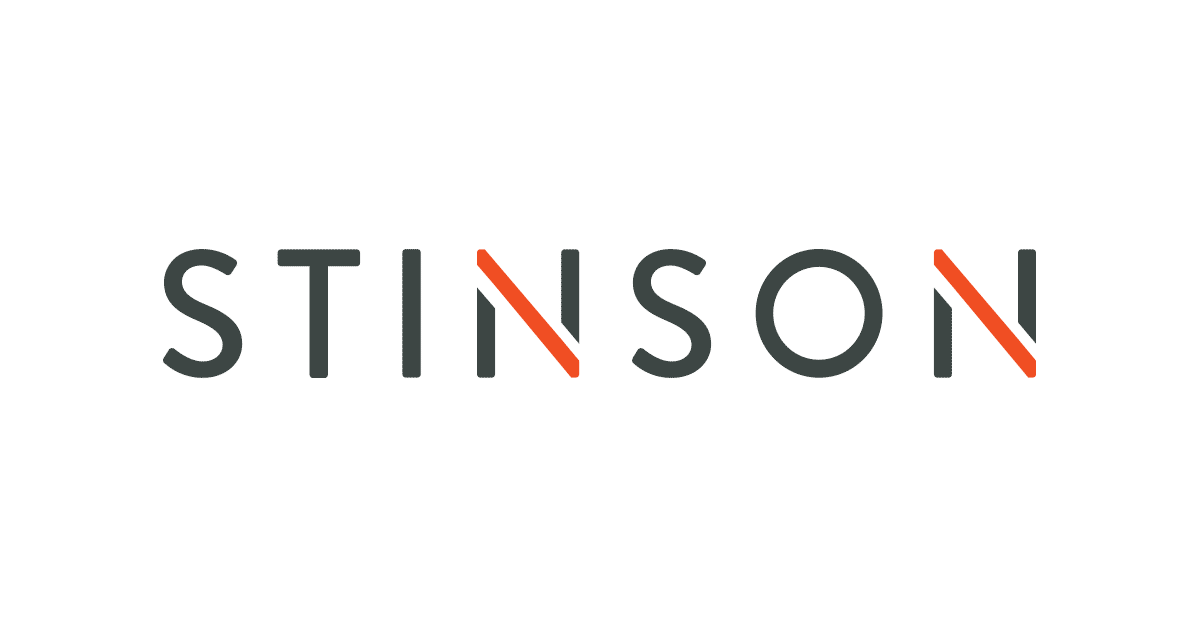Guest Post: Stinson – Pro-Business Rulings in Federal Court on COVID-19 Claims
A huge thank you to Christina Arnone and Scott Hecht of Stinson for allowing us to share their content in this guest post! This article was originally featured on their insurance blog. For more information related to the COVID-19 pandemic, please visit Stinson’s Coronavirus Task Force page.
Yesterday’s Pro-Business Rulings in Missouri Federal Court Hold COVID-19 Business Interruption Losses May Constitute “Physical Loss” Under Property Insurance Policies
Since the onset of the pandemic, we’ve written a series of posts on insurance coverage for COVID-19 related losses. In our April 23 post, we wrote that, despite articles expressing a dim view of the possibility of coverage for COVID-19 related business interruption losses, there were many reasons to consider submitting a claim. Among the reasons we cited was that the law in this area is unsettled. In our July 9 post, we said that businesses that suffered from additional rounds of business losses attributable to new orders or infections should consider making additional claims to their insurers.
Previously, the handful of U.S. court decisions addressing COVID-19 related business interruption losses reinforced the dim view of insurance coverage, perhaps calling into question whether business policyholders should pursue COVID-19 related business interruption claims at all. Yesterday, however, the Honorable Judge Stephen R. Bough of the United States District Court of the Western District of Missouri issued two decisions supporting the pursuit of those claims under property insurance policies in two putative class actions pending against Cincinnati Insurance Company. See Studio 417, Inc., et al., v. The Cincinnati Ins. Co., Case No. 20-cv-031276-SRB (W. D. Mo., Aug. 12, 2020); K.C. Hopps, Ltd., v. The Cincinnati Ins. Co., Case No. 20-cv-00437-SRB (W.D. Mo., Aug. 12, 2020).
Judge Bough took up a threshold issue in these types of cases of whether a business policyholder suffers “direct physical loss” of property from the presence of COVID-19 and business closures and restrictions. The businesses alleged that customers, employees and other invitees were likely infected by the virus, which was then transmitted into the air and onto surfaces at the insured premises, and that the virus is a “physical substance” which renders a premises unsafe and unusable. The businesses were forced to reduce or suspend operations and, consequently, lost business income. Cincinnati argued that there was no “direct physical loss” because the virus did not cause any tangible physical alteration of property. The court rejected Cincinnati’s argument, relying on case law finding direct physical loss when property that is not physically altered is rendered uninhabitable or unsuitable for its intended purpose. Judge Bough also explained that the policies covered direct “physical loss” or “physical damage,” and should be interpreted to give meaning to both phrases, rather than conflating them as Cincinnati did. The court also distinguished a prior Eighth Circuit case finding no “physical loss” to an embargoed beef product under Minnesota law, explaining, in part, that the policyholders in Studio 417 and K.C. Hopps alleged actual physical contamination of property. The court ultimately also held that the policyholders also stated claims for civil authority coverage, ingress/egress coverage, dependent property coverage, and for coverage for mitigation costs under a “sue and labor” clause.
The defeat of Cincinnati’s motions to dismiss is merely the first step toward a business win in Studio 417 and K.C. Hopps. The court cautioned that, while its rulings allowed the policyholders to proceed to discovery, the rulings were subject to further review following discovery. And, importantly, Cincinnati’s policies in these cases did not contain exclusions pertaining to virus or other communicable disease-related losses.
Businesses considering how Judge Bough’s decisions affect their own insurance claims should also be aware that policy language varies considerably among each of the relevant coverages. For example, many policies purport to require “physical damage” for civil authority and ingress/egress coverages, even if they provide coverage for “physical loss” in other provisions of the policy. The coverages are also subject to considerable variations in other requirements that will affect future court decisions. Based on the innumerable possible combinations of language variations and fact scenarios that generate losses, businesses that have suffered COVID-19 related business interruption losses should seek advice from experienced insurance coverage counsel in evaluating whether and how to pursue claims for insurance coverage.
Contact Christina Arnone or Scott Hecht for more information.






